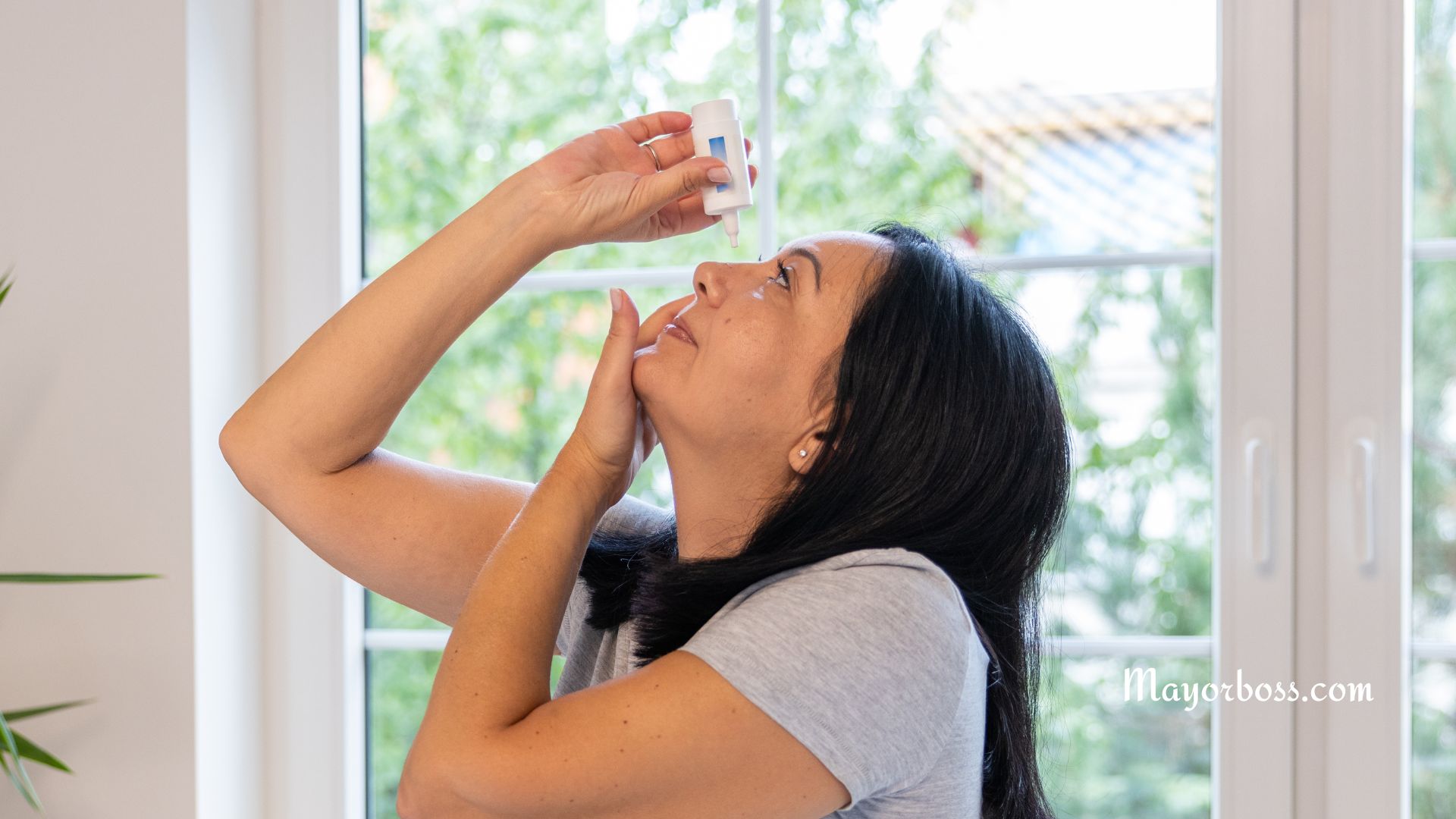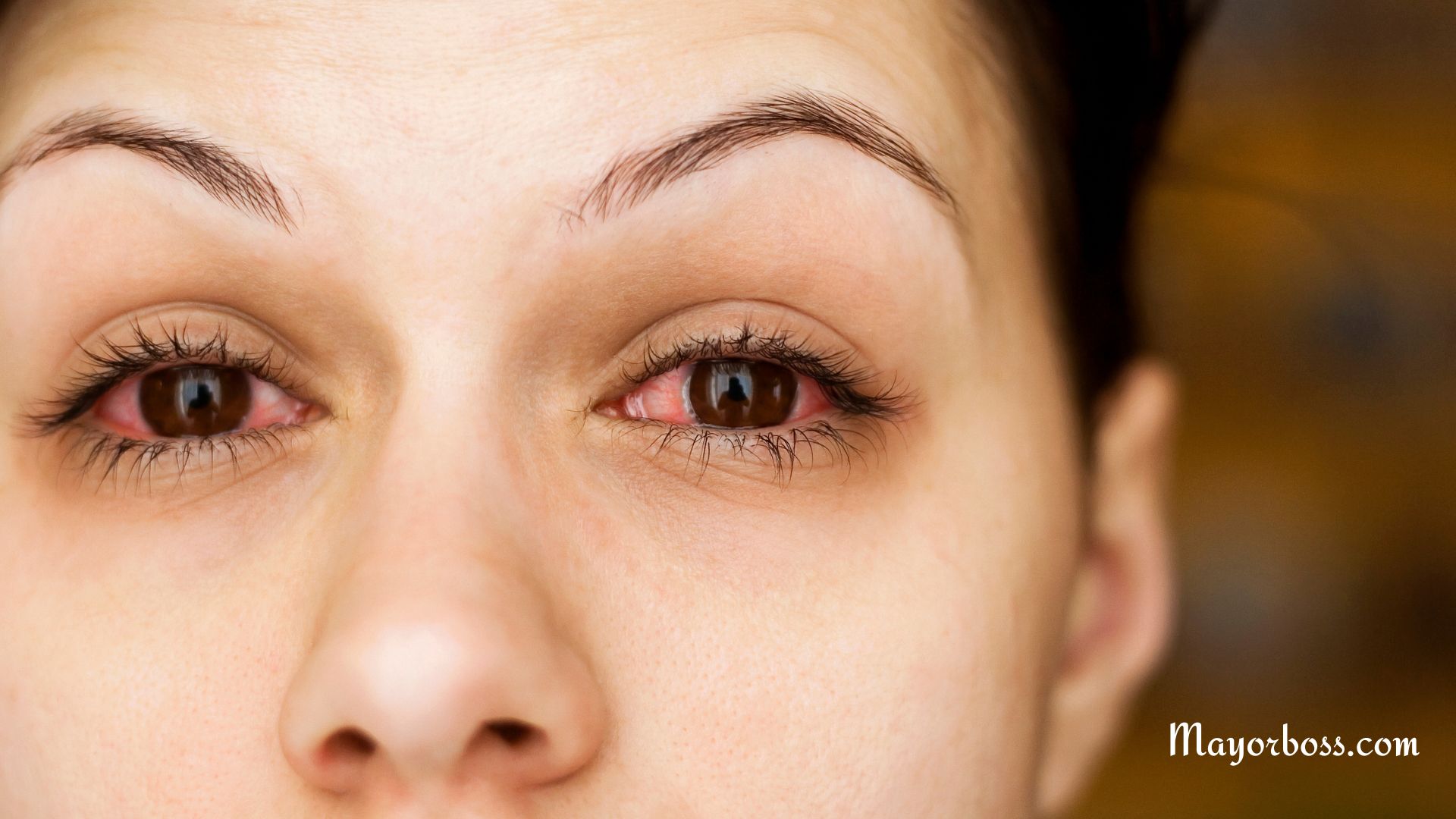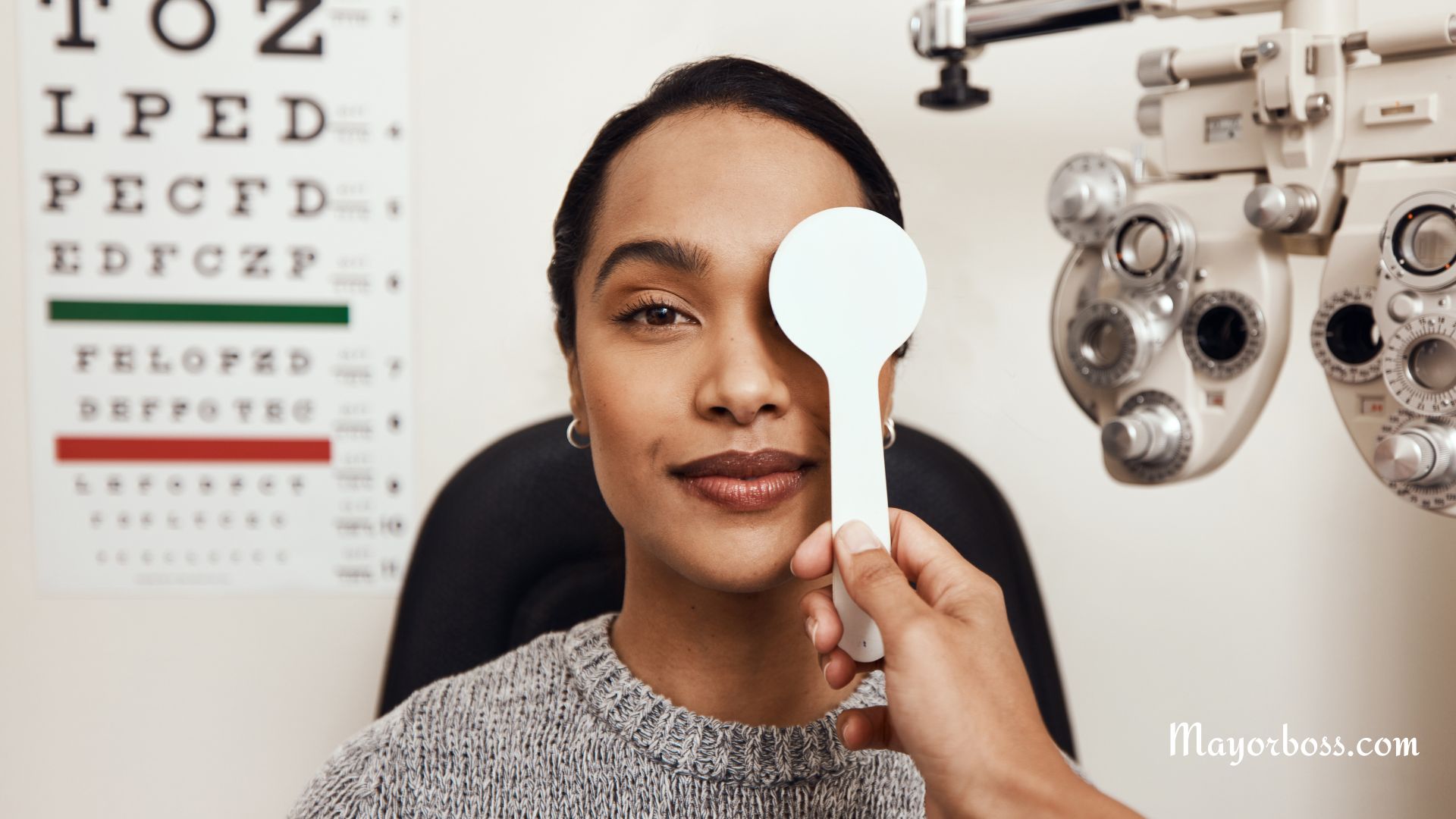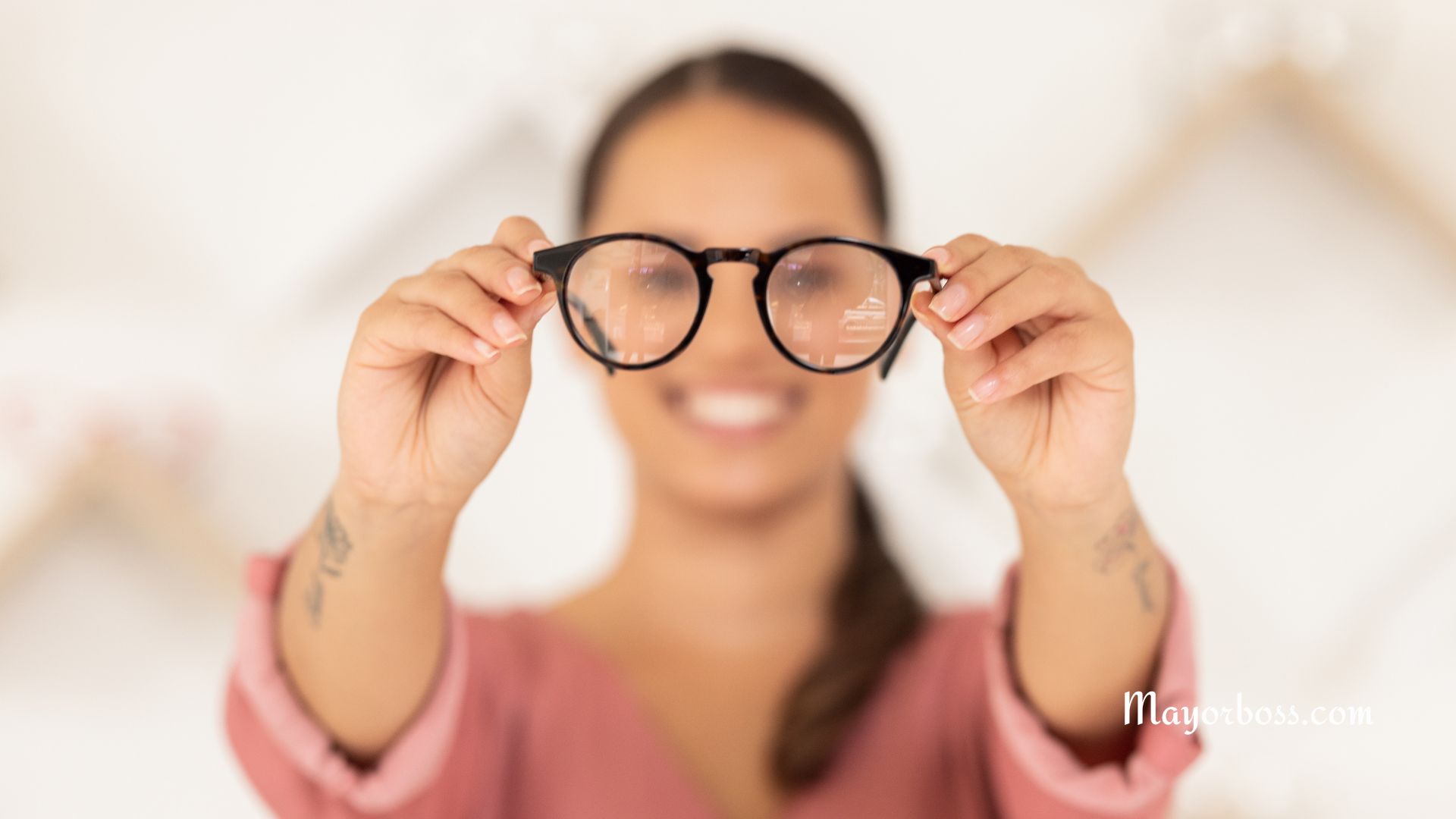Thyroid Eye Disease
Brief summary: Thyroid eye disease is a condition where the immune system attacks the muscles and other tissues around the eyes. This can cause a variety of symptoms, such as eye-bulging, discomfort, double vision, and even vision loss. Often linked to an overactive thyroid, it requires proper care and treatment to manage symptoms and protect your eyesight.
What Is Thyroid Eye Disease?
Thyroid eye disease is an autoimmune condition. In this disease, your immune system wrongly targets the muscles and fatty tissues behind your eyes. Since it’s often related to thyroid disorders like Graves’ disease, you might hear it referred to as Graves’ eye disease.
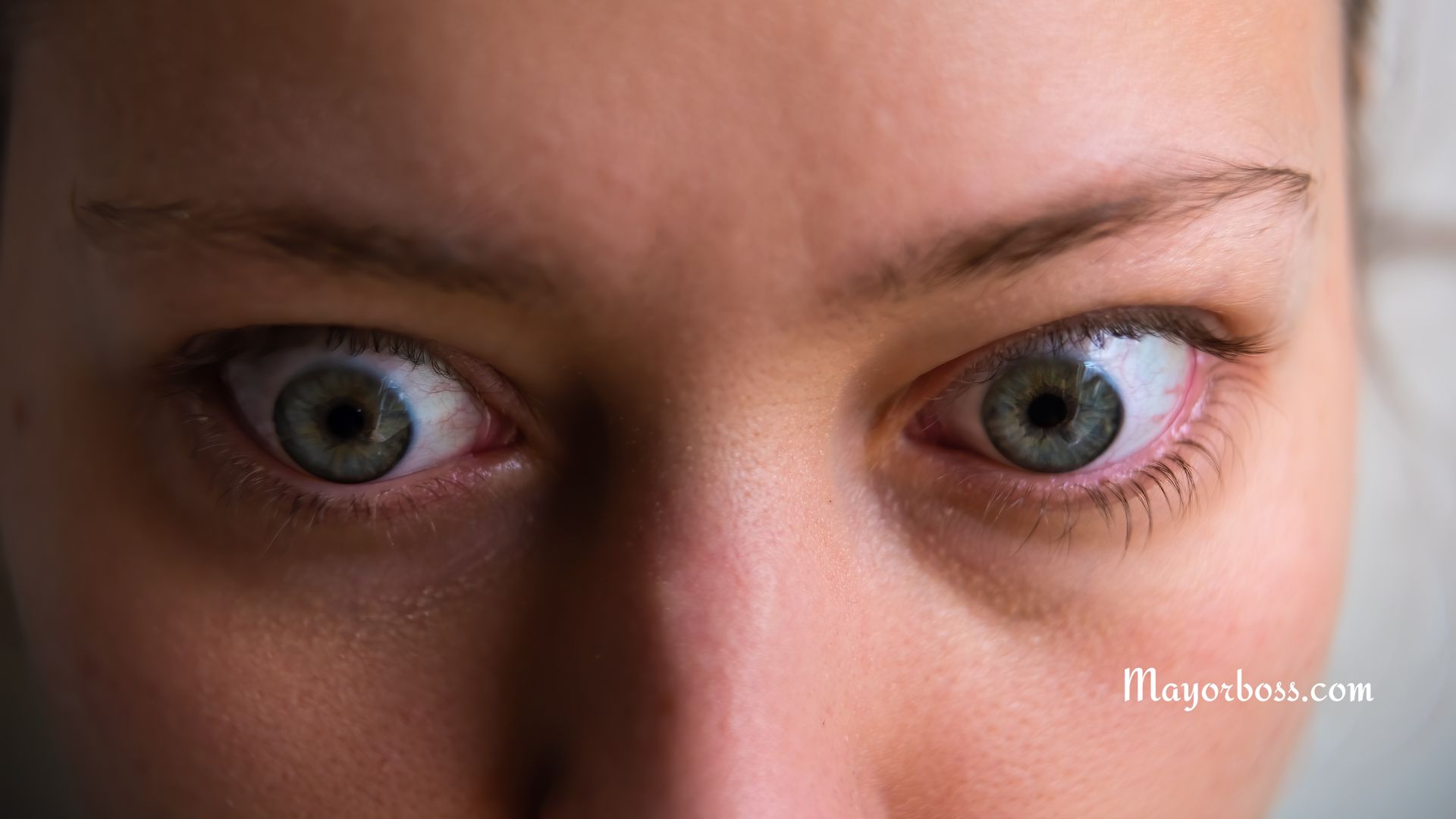
How Does It Affect You?
Imagine waking up and feeling your eyes are more prominent or noticing discomfort when you look around. With thyroid eye disease, your eyes might bulge, making you feel self-conscious or uncomfortable. You could also experience redness, swelling, or even trouble moving your eyes in different directions.
Symptoms
- Eye Bulging: Your eyes may stick out more than usual.
- Eye Pain or Discomfort: You might feel pressure or pain behind your eyes.
- Redness and Swelling: The tissues around your eyes may become red and puffy.
- Double Vision: Seeing two of everything can become a daily challenge.
- Vision Loss: In severe cases, it can affect the optic nerve and harm your eyesight.
Causes
According to medical research, thyroid eye disease is usually associated with hyperthyroidism, a condition where the thyroid gland produces too much hormone. Smoking and genetics also play a role in developing this disease.
How Do Doctors Find Out If You Have It?
If you notice any of the symptoms, your doctor will ask about your medical history and examine your eyes. Special tests like a CT scan or an MRI might be used to see what’s going on behind your eyes. An eye specialist called an ophthalmologist may also be involved in checking your eyes thoroughly.
Treatment
Getting treatment for thyroid eye disease is essential for keeping your eyes healthy. Here’s what you might expect:
- Medication: Your doctor may prescribe medicines to reduce swelling and discomfort.
- Eye Drops: To keep your eyes moist and comfortable, eye drops might be part of your daily routine.
- Sunglasses: Protecting your eyes from the sun and wind can help.
- Surgery: In more severe cases, surgery may be necessary to correct eye bulging or vision problems.
How Can You Help Yourself?
Taking care of your overall thyroid health and quitting smoking can make a big difference in managing thyroid eye disease. Regular check-ups with your healthcare provider are also vital in keeping your eyes in good shape.
Frequently Asked Questions
What Are the Early Signs of Thyroid Eye Disease?
The early signs of thyroid eye disease might include a feeling of grittiness in the eyes, increased tearing, or sensitivity to light. You may also notice your eyes becoming more prominent or experiencing discomfort when looking in different directions. If you spot any of these signs, talking to your healthcare provider is a wise move.
Can Thyroid Eye Disease Cause Permanent Damage?
Yes, thyroid eye disease can cause permanent damage if not treated properly. In severe cases, it can affect the optic nerve, leading to vision loss. Regular medical care, following your treatment plan, and keeping an eye on symptoms can help protect your eyesight.
Is Thyroid Eye Disease Reversible?
Treatment for thyroid eye disease can significantly reduce symptoms and improve the appearance of your eyes. However, depending on the severity and how long the condition has been present, some changes may not be entirely reversible. Working closely with your healthcare provider ensures the best possible outcome.
How Long Does It Take for Treatment to Work?
The response to treatment can vary from person to person. Some may notice improvements within a few weeks, while others might take several months. Patience and following your treatment plan closely is key to seeing positive results. Regular communication with your doctor can help you track progress and make necessary adjustments to your treatment as needed.
Thyroid eye disease is a complex condition, but with the right information, care, and support, you can take control and keep your eyes healthy and comfortable. If you have more concerns, never hesitate to reach out to your healthcare provider.

